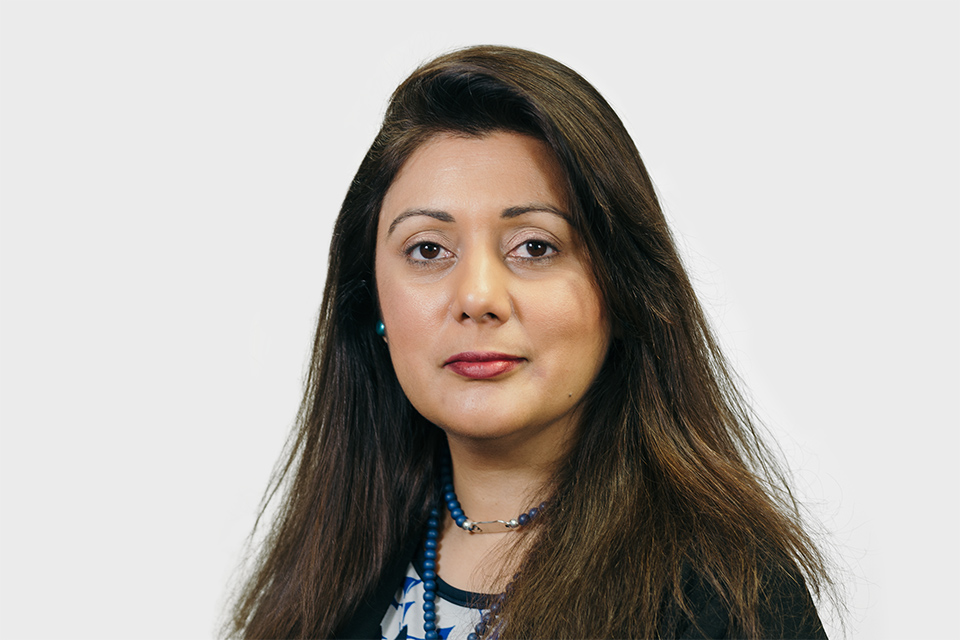Rules confirmed to improve awarding organisation centre controls
Ofqual has today (12 February 2020) published an analysis of responses and decisions in relation to its technical consultation into the Conditions, requirements and guidance associated with the introduction of Centre Assessment Standards Scrutiny (CASS). These decisions follow Ofqual’s analysis of the risks associated with the practice of delegating assessment judgements to training providers, schools and colleges (collectively known as ‘centres’). Ofqual announced in September 2019 that all awarding organisations will be required to introduce CASS by no later than September 2021 for all qualifications assessed in this way. This approach forms part of Ofqual’s overall strategy to improve the controls awarding organisations have over centres offering their qualifications.
Today’s decisions improve the controls that awarding organisations have over centres and include:
- requiring all centre-marked assessments to be subject to a form of CASS, and confirming the minimum requirements these must meet
- requiring awarding organisations to put in place, comply with, and keep under review a CASS strategy for all assessments marked by centres
- amending the definition of moderation and making clear that it is a distinct form of CASS, which must take place for all cohorts of learners before results are issued, for some type of qualifications
- allowing all other forms of CASS to take place before or after results are issued
- allowing awarding organisations to revoke certificates incorrectly issued by centres
Ofqual has decided that some qualifications must be subject to moderation – these are GCSEs, AS and A levels, Technical Qualifications that form part of T levels, and Project qualifications. This list will be kept under review. It will be for awarding organisations to determine the most appropriate arrangements for other qualifications and assessments as part of their approach to CASS, subject to minimum requirements and guidance that seek to balance the need to retain flexible delivery with managing associated risks.
Phil Beach CBE, Executive Director for Vocational and Technical Qualifications, Ofqual:
These changes help to address some significant areas of weakness that we have identified in recent years that, if left unchecked, could undermine standards and public confidence. They will make sure that awarding organisations put in place appropriate controls where they allow centres to mark assessments on their behalf. As a result, accountability will sit in the right place – so that everyone can trust that learners’ awards provide an accurate reflection of their skills and knowledge in the subject and performance in assessments.
ENDS
Notes to Editors:
What is CASS?
Ofqual is currently working to strengthen the controls that awarding organisations have in place over their centres, with an initial focus on how assessments are delivered and monitored. As part of this work, we looked at how qualifications are currently delivered, and at our rules. We found that we needed to introduce some new conditions and guidance to address areas of weakness. We also recognised that, given the range of different qualifications and assessments, a more tailored approach to our rules is important. This allows alternative ways for awarding organisations to check centres’ assessment judgements, to help ensure the right balance between flexibility of delivery and control over qualification awarding. We amended our rules to allow for awarding organisations to strike this balance.
This approach has been developed taking account of the views of a range of stakeholders, through two consultations, the first of which we launched in February 2019. This process has allowed us to refine our proposals, to reach a workable approach, addressing some of the early concerns that were raised with us.
This approach requires awarding organisations to:
- decide the scrutiny approach that is most appropriate to the assessment, qualification, or qualification type
- create a strategy to ensure that centre assessments are conducted in a way so that standards are maintained across different centres and over time
See blog and diagram for more information.
